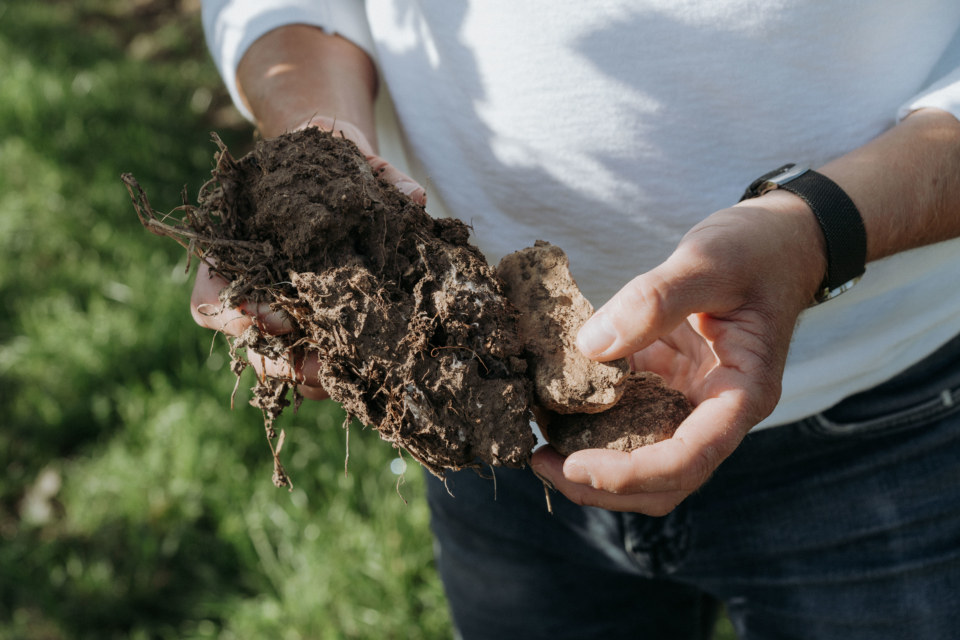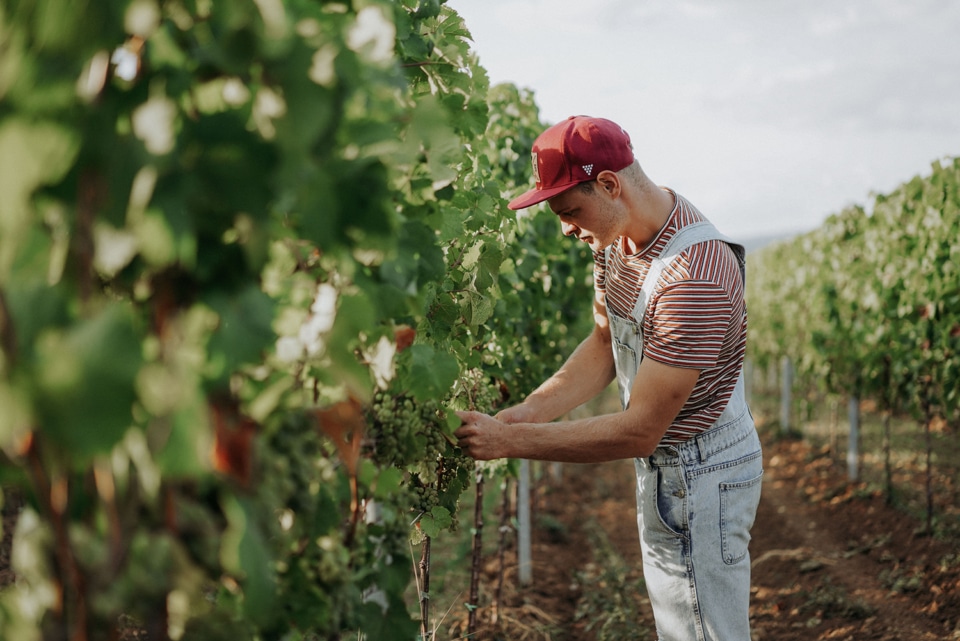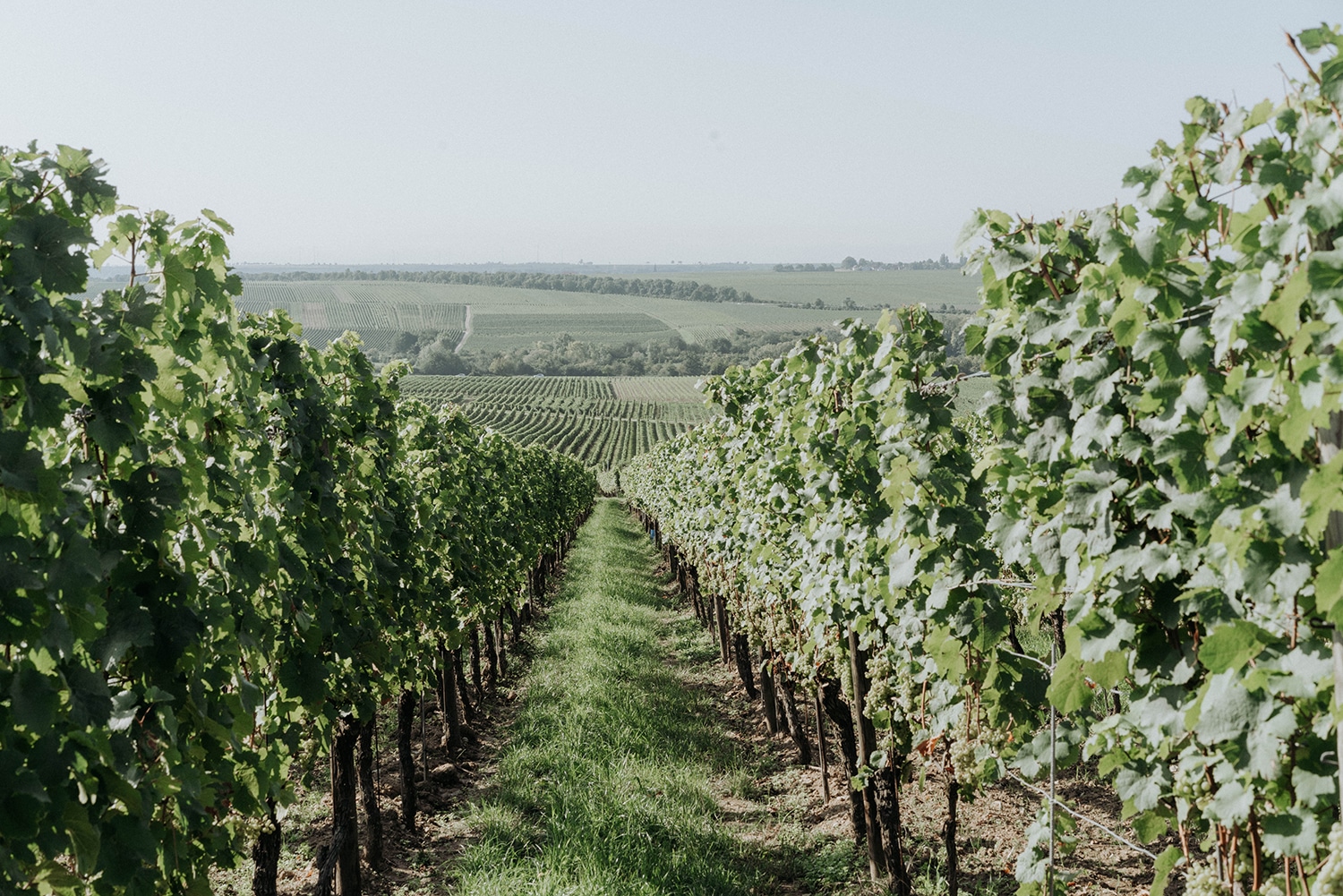©Favoreat / M. Anglada
Bordeaux and Germany have long made it a goal to continually improve their approach to wine production from an ecological stand-point.
To date, over 60% of Bordeaux vineyards engage actively in sustainable practices, and the aim is to reach 100% in the coming 5 years.
For over 20 years, the Bordeaux wine Trade has been committed to accountable and sustainable winegrowing. Many initiatives have been implemented, such as :
- An unprecedented study on bats as natural predators of insects harmful to the vines
- A change in cultivation practices and a wider view regarding the vineyard as an ecosystem (keeping grass cover, encouraging the settlement of insects and pollinators etc)
The Institute for Sustainable Development e.V. (DINE e.V.) in Germany was founded to research and develop sustainable management in the key areas of tourism, logistics and wine production. The three are inextricably linked and through the work of DINE, the communication between them has been enhanced considerably.
Ecological versus sustainable farming – how are they different?
Ecological farming focuses on environmentally friendly measures, regardless of socioeconomic aspects such as cost, wages, or protection of the workers. Farming is sustainable when all the above are taken into consideration. The label commonly used for products won in this way is “fair”.

©Favoreat / M. Anglada
Sustainable practices already in place such as :
- Crop protection products and fertilizers are used as rarely as possible and in line with environmental protection criteria. Instead, protective hedges are planted, nets set up, and vines grubbed up.
- Think tanks are put in place regarding leading solutions for sustainable alternatives for crop protection, such as the important role of bats as pest control and the optimization of their settlement in and around the vineyards.
- A climate plan is in progress to decrease the CO2 footprint of the Bordeaux wine region by 20% by 2020. Such measures include the collection of rainwater or the use of lighter weight bottles.
- An effort is made to commission freight companies which work sustainably, rather than vineyards transporting the wines in their own trucks.
- Resources are used as efficiently as possible, like the conversion to eco-power.
- Employee wages are paid fairly and training programs are put in place.
- In Germany FAIR’n GREEN was created, an official seal and organisation aiming to provide vineyards with sustainable guidelines and goals.

©Favoreat / M. Anglada
Wine estates which have adopted sustainable wine-growing practices aim to constantly optimize their overall operations, work in the vineyard, cellar management and marketing/sales as part of a holistic sustainability approach. Every part of the production process is examined closely on its potential to become more sustainable and appropriate measures are put in place accordingly.
There is an active dialogue between winemakers and ideas, knowledge and news on the issue are freely exchanged.
This subject concerns everyone equally and the winemakers of Bordeaux and Germany are uniting to tackle the problems at hand.
